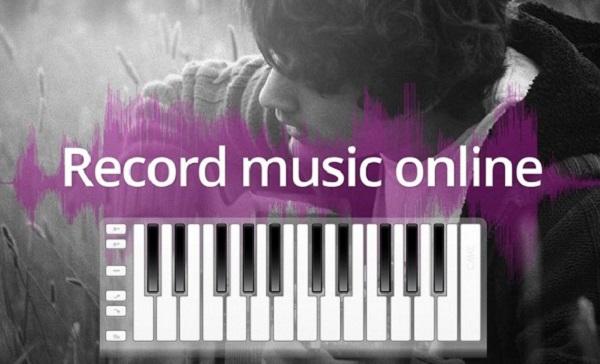What Is Soundtrap and Why Did Spotify Buy It?

Sure, there are still many traditional studios with mixing consoles, monitors, and a microphone closet with contents that should probably be in a bank's safe deposit boxes. These studios are wonderful places, and if you ever get the chance, go for a visit. Your appreciation for recorded music will enhanced forever.
But these studios are costly affairs, for both the owners and their clients. Keeping up with the newest tech and keeping the place humming is crazy expensive. That's why the advent of programs like ProTools revolutionized the business, and also put the financial whammy on many traditional studios. Suddenly, a kid with a laptop and a decent microphone could record and mix a song that, to most ears, sounded perfectly fine. Throw in MIDI and a few other toys and the democratization was complete.
But now, you don't even need the laptop. Like almost everything else, music production appears to be heading online. SoundCloud is a good example of the new generation of cloud-based studios, but another company, Soundtrap, recently made news.
Soundtrap is an online recording studio. It claims that it is used by millions of creators as well as thousands of schools around the world. Soundtrap works with a Windows or Mac laptop, but it also works with iPad, iPhone, Android phones and tablets, Linux and Chrome. Everything, of course, is in the cloud.
The basic plan is free, or for a nominal monthly fee you can upgrade and get perks like AutoTune. You can plug in your own instruments or microphone or use the site's software instruments, beats or loops to record music. Have friends add their own tracks. Mix it down. Sell it on your website and win a Grammy.
Last week, Spotify bought Soundtrap; conveniently, both companies are based in Stockholm. This latest Spotify acquisition (its 12th so far) was preceded by its purchase of Sonalytic, Echo Nest, and MightyTV. The companies were shuttered after the purchase, but Spotify retains their talent and IP that should help with music content and ad recommendations. Spotify also bought MediaChain, a peer-to-peer decentralized database for sharing information across the music business. Spotify has confirmed that Soundtrap will continue to operate as its own service.
Soundtrap's acquisition buys Spotify a seat at the table of music creation. This could enable the company to efficiently identify new artists. Does this mean that Spotify wants to develop and promote its own musicians for its streaming service? It's not a crazy idea. Consider that HBO, Netflix, Amazon, and most other providers long ago figured out that creating their own content was the best way to differentiate themselves from the me-too competition, and to attract new subscribers. Maybe Soundtrap gives Spotify the recording studio it needs to do this. Makes more sense than renting out Gutenberg Bibles.





























































